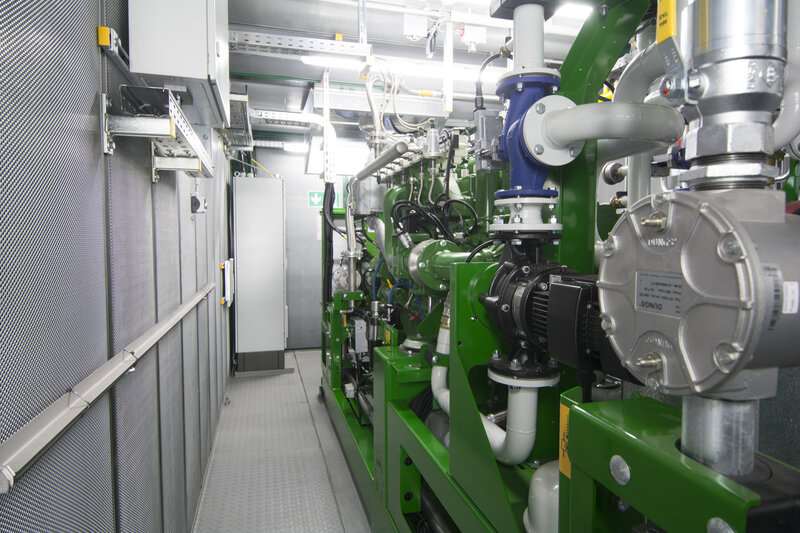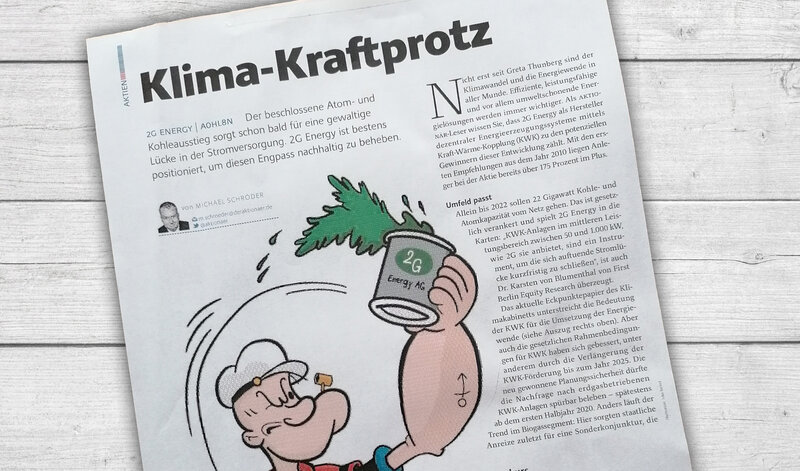CHP vs. Traditional Energy Systems: Which Is More Efficient for Businesses?
24 October 2025

With rising energy costs and growing pressure to improve operational efficiency, many organisations are re-evaluating how they generate and use energy. For businesses that depend on both electricity and heat, Combined Heat and Power (CHP) systems are proving to be a compelling alternative to conventional grid electricity and boiler setups.
But how does CHP really compare to traditional energy systems, when it comes to efficiency, reliability, and overall value?
1. Understanding Traditional Energy Systems
Most commercial and industrial facilities traditionally meet their energy needs through separate systems, purchasing electricity from the national grid and generating heat on-site using boilers.
While this setup is simple, it can be inefficient. Energy is lost at multiple stages:
- Around 60% of the energy used to produce grid electricity is wasted as heat during generation and transmission.
- Boilers typically operate at around 85–90% efficiency, meaning more energy is required to meet heating demand.
When combined, these inefficiencies can lead to higher operating costs and a larger environmental footprint.
2. How CHP Works Differently
A CHP system, sometimes known as cogeneration, produces electricity and heat simultaneously from a single fuel source.
By capturing and reusing the heat that would otherwise be wasted during power generation, CHP units can achieve total efficiencies of up to 80–90%, far exceeding the efficiency of separate heat and power generation.
Less fuel is needed for the same energy output.
- Energy costs are reduced.
- Emissions can be lowered, depending on the fuel used.
3. Beyond Efficiency: Other Business Benefits
CHP offers more than just improved efficiency, it provides several operational and commercial benefits, such as:
- Reduced transmission losses – Because CHP produces power on-site, it minimises the energy lost through long-distance transmission from centralised power stations.
- Enhanced operational efficiency – By integrating heat and power generation, CHP allows businesses to make better use of the energy they consume day to day.
- Predictable costs – CHP can help shield businesses from energy price fluctuations.
- Scalability and flexibility – 2G Energy’s CHP systems are available in outputs from 20 kW to 2,500 kW, making them suitable for a wide range of applications, from smaller commercial operations to large industrial facilities.
4. Choosing What’s Right for Your Site
Traditional energy systems may still suit smaller facilities with low or variable heat demands. However, for operations that consume both heat and power consistently, CHP delivers a clear efficiency advantage and a faster return on investment.
The right solution depends on factors like load profile, operating hours, and available fuel type, whether natural gas, biogas, hydrogen, or a blend.
A Smarter Way to Power Business
As energy strategies evolve, efficiency alone isn’t enough; flexibility matters too. Modern CHP systems can work in harmony with other on-site technologies such as solar PV and heat pumps, creating a more balanced, efficient energy ecosystem.
And with 2G’s CHP engines already capable of operating on natural gas, biogas, or hydrogen, businesses can plan for today’s efficiency while keeping an eye on tomorrow’s fuel options.
For many organisations, that combination of efficiency, scalability, and future readiness makes CHP a core component of a resilient energy strategy.

